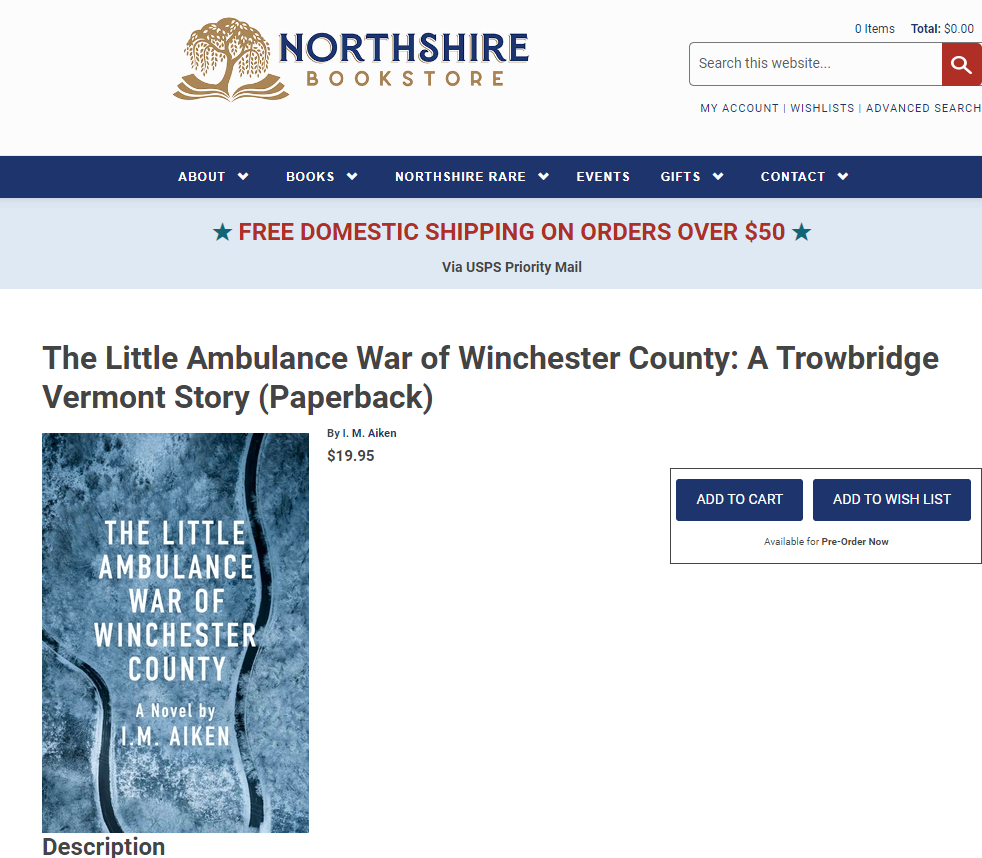Publishers Work
What did I do on Tuesday 26MAR 2024? I finished a novel. Maybe it was Wednesday, when I replaced the final chapter? Immediately following the last keystroke, I kept writing. I had billable writing to do. Should I have whooped and hollered? I didn’t. I had a week’s work that needed completing for clients that need their work completed.
When meeting with my marketing person on Friday 29MAR 2024, she and I discovered that the novel is available for pre-sale everywhere. That seemed to be a trigger. I am now instructed to go drive pre-sales. On Saturday and Sunday, I took on a new set of tasks.
Get a book done, market the last one. Write next book. It’s not bad lifestyle. I grew up with it. I may just notice that my father wrote through the winter and had a more relaxed schedule during the summer.
That’s the rhythm. I do my work in a year. The publisher does her work in a year. Each year, we do our job and maybe these efforts zipper together for success?
I can bang out a 4000-word chapter in a few hours, normally before noon and my lunch. There are others with that skill. I’ve got hard drives with crappy drafts, good drafts, incomplete works, and the normal detritus of a writer’s life. When I tell myself I have a deadline, then I meet it. I want 100K words in three to four months. Let’s acknowledge that I am typing that fast, but am I actually writing when I type? Or am I unspooling thoughts from a buffer? It takes the better part of a year to get a novel from concept to completion and ready for the editor. There’s all that thinking and planning to do. What I do is a mystery to many around me including my husband of nearly 30 years.
While I do my think, I attempt to peak over the fence in the publisher’s yard. Who knew that publishing takes a year too. The lingo and duties changed during my lifetime too. I haven’t got a single person’s job title/description correct yet. I see the results. I feel the results. I get emails with new terms in it, that I am learning fresh. There is publisher over there doing publisher things which feels a lot like marketing and related jobs. I had to learn the word ‘blurber’ this week. It has nothing to do with ethnic groups of North Africa. A blurber writes a lovely sentence about your book and it gets put on the cover.
Managing this world takes work, real work. The following screenshot is proof of a publisher’s work.
